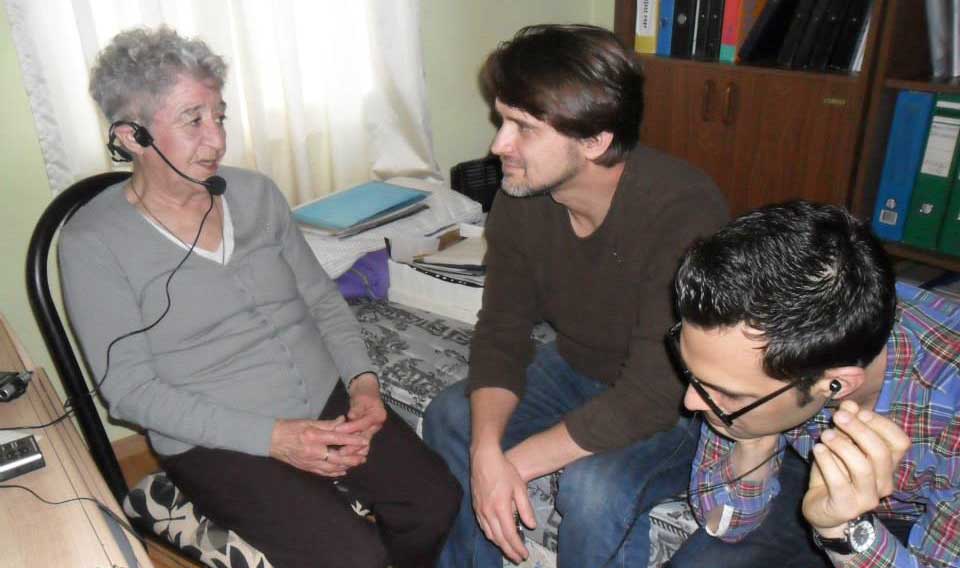The Humanities Collaboratory is pleased to announce the recipients of its 2017 project grants. These grants will support intergenerational teams of faculty, staff, and students over a two-year period as they conduct innovative research that will produce new knowledge as well as model new collaborative methods for humanities scholarship.
“The Book Unbound: Enhancing Multilayered Digital Publications through Collaboration”
“The Book Unbound” brings faculty, graduate students, and undergraduates from three fields along with information professionals from the School of Information, the University of Michigan Press, and the University Library to work together on a set of publications that address multiple audiences by providing varying digitized experiences for each. One layer of each of the three publications will speak to the public square, offering multimedia texts that convey research in forms accessible to non-experts. All three publication will include a second layer addressed to experts, employing various representations associated with long-form texts. The third layer for all three will be comprised of the data and archival sources on which the research is based, amplifying the experience of the first and second layers and providing a resource for other researchers interested in similar projects. This project focuses on the processes of collaboration at the same time that offers new ways of presenting research. The collaborators represent the fields of archaeology, cinema and media studies and writing studies, and they all bring their own questions. The archaeologists ask what the Gabii site can tell us about urban planning and architectural evolution in central Italy during the first millenium BCE. Colleagues in cinema and media studies ask what Orson Welles’s unproduced script “The Heart of Darkness” can tell us about the wartime cultural context in which the film was planned but never actually made. And the writing studies group asks what we can learn about the development of student writers from a longitudinal study of undergraduates at Michigan. Together these projects ask what humanists can learn from working together to create a new form of digital publication (PI: Anne Gere and Nic Terrenato).
“From Africa to Patagonia: Voices of Displacement”
“From Africa to Patagonia” analyzes how language is entangled with cultural identity in a community that traces its roots to South African Boers displaced to Patagonia in Argentina, after the second Anglo-Boer War in 1902. The Afrikaans spoken in this community encodes the vestiges of empires and modern nation building, and reflects the effects of change in the contemporary world. Through an approach that integrates linguistics, historiography, and anthropology, the project will study how this community’s language practices reveal both a commitment to preserving an identity distinct from their location in Argentina, and an integration that reflects the reality of historical and geographical change (PI: Nicholas Henriksen).
Image: Project Findings


